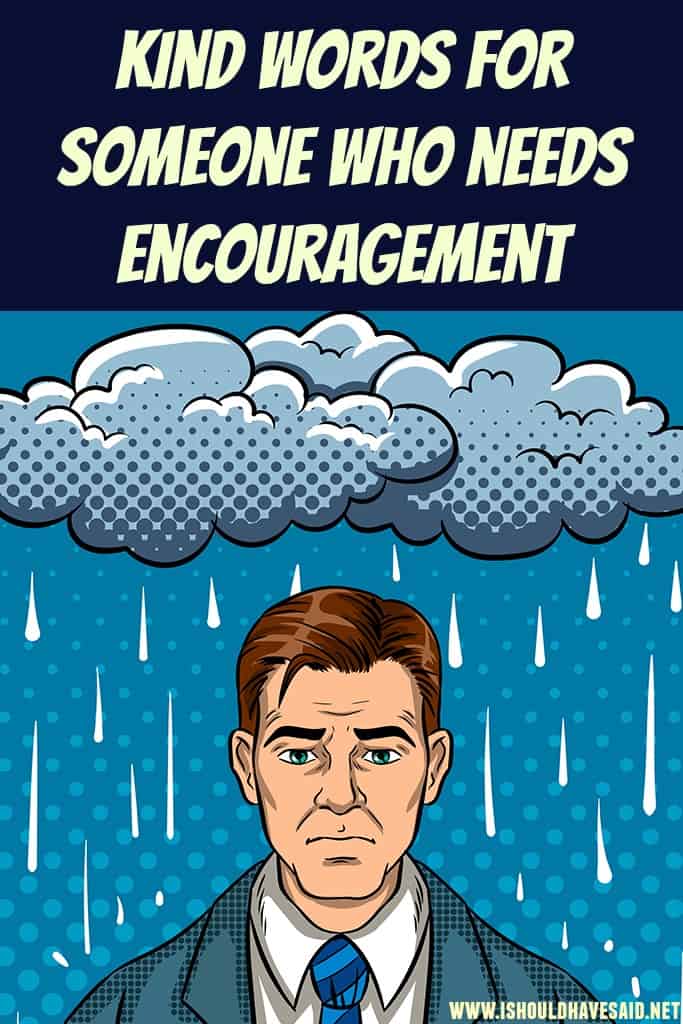
Understanding Self-Hatred
When someone expresses self-hatred, it is critical to understand and respect their feelings. Self-hatred is difficult to comprehend, yet understanding it allows you to better support them. It is a significant and insecure emotional state marked by strong dislike, disgust, or even detest of oneself.
Self-hatred stems from a variety of sources, including difficult prior experiences, societal pressure, and being too severe on oneself. Those experiencing it may believe they are insufficient, unlovable, and always fall short.
Self-hatred can emerge in a variety of ways, affecting an individual’s mental and emotional well-being. It can cause emotions of shame and guilt, as well as an ongoing emotion of not being good enough.
People’s thoughts get embedded when they tell themselves they’re not good enough regularly. There is a big difficulty in putting an end to these ideas on your own. It’s critical to recognize and address self-hatred to improve one’s emotional state and personal development.
It entails coming to terms with who you are and using kindness to combat negative beliefs. Therapy (such as CBT or mindfulness) can assist in eliminating such damaging ideas. Becoming better, caring for yourself, and accepting who you are are also essential to overcoming self-pity and improving self-esteem.
Key Signs of Self-Hatred
It is important to recognize that self-hatred may be exhibited if an individual expresses resentment towards oneself. Self-hatred is a prevalent problem that can impact everyone and take many different forms. Here are a few crucial indicators of self-hatred to watch out for:
Negative Self-Talk
Negative self-talk, such as “I’m not good enough” or “I always fail,” is an indicator of self-hatred. These ideas are damaging because they drive you to feel self-conscious about your identity. Make sure that you help someone you come across who is abusing herself in this way. Reminding someone that they deserve love and respect and that these thoughts aren’t always true is important for their well-being and self-growth.
Self-Isolation
Self-isolation is another indicator of self-hatred. People who despise themselves may avoid social situations and spending time with others. This could be because they believe they are undeserving of affection and attention, or they are afraid of being judged or rejected. If you know someone isolating themselves, reach out to them and let them know you think about them and want to dedicate some time with them.

Self-Sabotage
Self-sabotage frequently manifests when a person does not feel good about themselves. It could involve procrastinating, abusing illicit substances, or engaging in unsafe behavior. People may do this because they believe they do not deserve wonderful things or because they wish to punish themselves for their mistakes. If you notice someone doing this, encourage them to get support and assistance.
MORE POSTS YOU MIGHT LIKE
- What to say when someone says that they hate you
- Top ten comebacks for rude strangers
- More comebacks you might like
How to Respond when someone says that they hate themselves
It is critical to respond with compassion and understanding when someone exhibits self-hatred. Here are some ways on how to do it:
Express Empathy
Accept their feelings as genuine. Assure them that their feelings are valid and fully acceptable. Remind them that they are not alone in what they have gone through since many others have similar thoughts and experiences. You might say it this way:
1) I’m very sorry you’re going through this. It appears to be difficult.
2) I can see why you’d feel that way, but remember, you’re not managing this alone.
3) It’s okay to feel overwhelmed and to have moments of self-doubt. I’m available whenever you need someone to listen.”
Avoid Judgment
Avoid passing judgment on their emotions or situation. Maintain a helpful and understanding tone in your response without assessing or condemning. Here are some expressions that avoid making judgments:
4) I want you to feel comfortable sharing your feelings without worrying about being judged.”
5) There is no correct or incorrect way to feel about this. Your feelings are valid.
6) I’m here to help you without passing judgment. “Your emotions are important.”
Responding to someone who is self-hating demands a careful approach. Validating their feelings and staying away from passing judgment are critical stages in providing effective support. Approaching the situation with empathy and compassion will help them feel more supported and less alienated in their struggles. Being present for them without judging them might offer a secure space for them to express themselves and feel understood.
Causes of Self-Hatred
Self-hatred can be caused by a variety of circumstances, many of which are complicated and deeply established. Here are a few examples of common causes:
Trauma
Trauma has a major role in the development of self-hatred. Traumatic experiences can have a profound effect on how people view themselves and the world. Most traumatic events can undermine self-trust and cause people to question their values and talents, particularly if they involve abuse or betrayal.

Negative Life Experiences
Feelings of self-hatred can be significantly worsened by unpleasant life experiences. These events can include any number of misfortunes, setbacks, or difficulties that people encounter in their lifetimes. Having to deal with stress, poverty, or difficult situations all the time can make you feel worthless, useless, and eventually hate yourself.
Mental Health Disorders
Because mental health illnesses affect beliefs, feelings, and perceptions, they can play a key role in the development of self-hatred. Severe sentiments of negativity, self-criticism, and worthlessness are common in depressed people. Self-hatred can be strengthened by negative thought processes.
Self-hatred is often addressed with a combination of therapy, self-reflection, self-compassion techniques, and support from loved ones. Identifying the root causes is critical for building appropriate coping mechanisms and cultivating a positive self-image.
Impact of Self-Hatred
Self-hatred can have a significant and lasting effect on a person’s life, impacting different facets of their well-being. Here are a few examples:
Physical Health Effects
Self-hatred affects more than just emotional well-being; it can also hurt physical health. Continuous stress and negative emotions can raise blood pressure and heart rate, thus increasing the risk of cardiovascular disease. Constant negative emotions and stress can weaken the immune system, making people more susceptible to infections and illnesses.
Mental Health Effects
Self-hatred has a substantial impact on mental health, frequently resulting in a variety of emotional and psychological consequences. Self-loathing can progress to depression, which is marked by chronic sorrow, loss of interest, hopelessness, and a low self-image. To cope with their upsetting feelings, people may develop undesirable coping techniques such as substance misuse, self-harm, or avoidance strategies.

Relationship Challenges
Self-hatred can have a significant impact on relationships. Individuals who hate themselves may find it difficult to trust others because they are afraid of being judged, rejected, or abandoned. Self-hatred can build barriers to intimacy, making it difficult to form deep relationships. These people may be afraid of being fully known or loved because they believe they are worthless.
Self-hatred can be overcome by fostering self-compassion, challenging negative self-talk, obtaining professional help if necessary, and developing a support system. Recognizing the impact it has on various facets of life is an important first step toward healing and cultivating a more positive self-relationship.
Supporting Self-Love
Supporting self-love entails a variety of ways aimed at establishing a pleasant and caring relationship with oneself. Here are some ways you may help in developing self-love.
Encourage Self-Care
Encouragement of self-care is an excellent technique to assist someone in developing self-love and well-being. Cultivate healthy habits such as regular exercise, balanced nutrition, staying hydrated, and visiting the doctor regularly. Urge them to participate in hobbies or activities that they find fun or comforting. This could involve everything from reading to art to gardening.
Suggest Mindfulness Practices
Mindfulness techniques can significantly improve self-awareness, inner serenity, and self-compassion. Recommend guided meditation sessions or mindfulness apps that focus on self-compassion, gratitude, or relaxation. Have them spend time in nature, focusing on the sights, sounds, and sensations to gain a sense of grounding and connection.
Self-love is a continuous process that requires tolerance, understanding, and regular encouragement. Because each person’s journey to self-acceptance is unique, it is critical to adapt support to their specific requirements and pace.
Conclusion
Ultimately, when someone expresses hatred for oneself, it is critical to affirm their feelings and assure them that their feelings are valid. You can show empathy and understanding by admitting that their experiences may have contributed to their feelings.
Self-hatred stems from a variety of sources, including negative experiences and feelings about oneself. But there are ways to help. Supporting someone by listening, understanding, and encouraging them to take care of themselves or attempt relaxing techniques can make a significant difference.
Furthermore, it is critical to avoid making incorrect or exaggerated assertions regarding their condition. Instead, focus on offering encouragement and support while acknowledging whatever problems they may be experiencing.
Remember that everyone has unpleasant thoughts and emotions from time to time, and it’s good to seek professional treatment if necessary. Encourage them to seek assistance if they feel overwhelmed or incapable of dealing with their emotions on their own.
The Role of counselling and self care
I Should Have Said Media will earn a commission after clicking links on this page at no additional cost to you. Learn more.
When you are dealing with a person who says they hate themselves and you find it stressful, consider getting support from a professional. Talking to a counselor is a great way to work through a challenging situation, and help you find some strategies to work through the person’s behaviour.
Better Help is a great resource where you can talk to a counselor from the comfort of your own home.
Taking care of your own needs isn’t selfish, and you will feel better in the long run.








